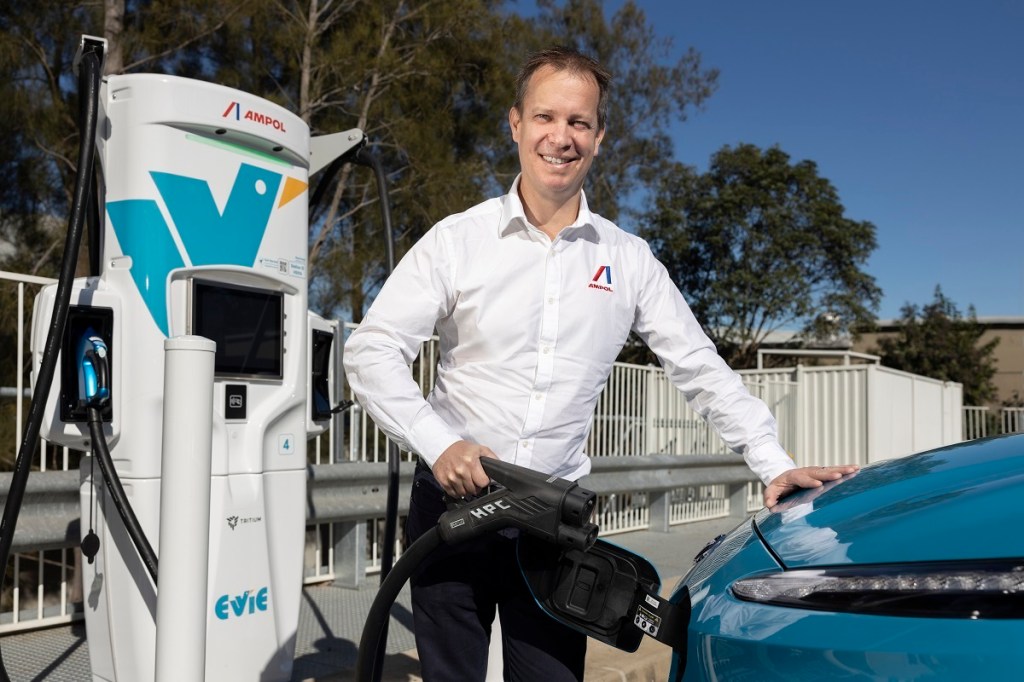Demand for traditional transport fuels, such as petrol, will “remain robust” well into the 2030s, believes Ampol.
In the company’s 2023 Climate Report, it stated that their modelling shows that based on average vehicle ownership periods, Ampol estimates that at least 80-85 per cent of the passenger vehicle fleet will still be powered by traditional fuels well into the 2030s.
Matt Halliday, Managing Director and CEO of Ampol, said since Ampol’s Future Energy and Decarbonisation Strategies were released in 2021, they have developed in-house modelling capabilities to estimate the impact of various climate change scenarios on the transport sector.
Halliday said their climate modelling suggest that electric vehicle penetration will gradually increase from 2025 to become the predominant mode of transport by 2050.
In preparation for this, Ampol has set a target to operate or control at least 500 AmpCharge or equivalent EV charging bays by 2027 in Australia. So far, they have installed 22 AmpCharge bays to the end of May 2023, across 10 sites, and four states.
Looking at the targets set in its 2021 Future Energy and Decarbonisation Strategies, Ampol said it is on target to reducing its operational emissions (Scope 1 and 2) to be net zero by 2040 in Australia, with interim targets set for 2025 and 2030.
“Ampol is committed to reducing its operating emissions and to helping our customers reduce their own emissions. However, we also recognise that our key markets are in the early stages of the transition and that the pace and shape of the transition is both uncertain and likely to vary significantly in each of the markets we serve.
“This requires us to take a flexible and pragmatic approach, tailoring the level of spend and areas of focus over time and as markets evolve; acknowledging that the likely solutions will not be a one size fits all for our customers,” said Halliday.
Regarding Ampol’s Scope 3 emissions and how it can influence the reduction of these emissions as viable solutions come available, Halliday explains the progress Ampol has made.
“Since 2021, we have undertaken a series of test and learn initiatives as part of the Future Energy strategy and are on track to deliver our commitment to invest a minimum of $100 million by 2025, deepening our understanding of the possible low carbon transport solutions.”
To stay up to date on the latest industry headlines, sign up to the C&I e-newsletter.

